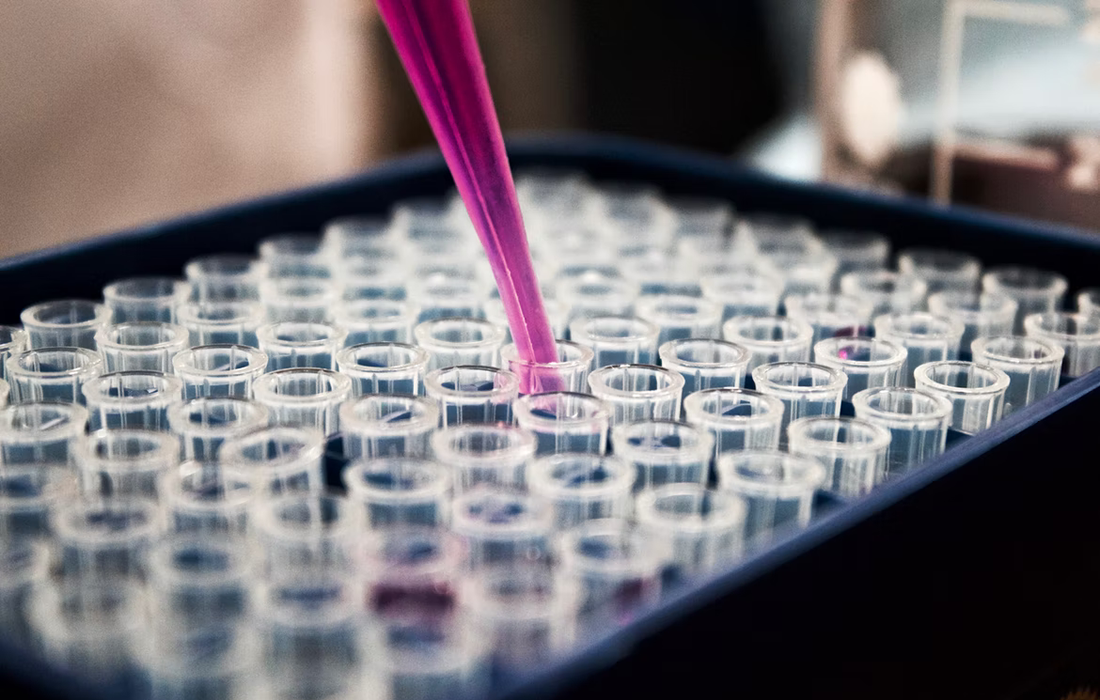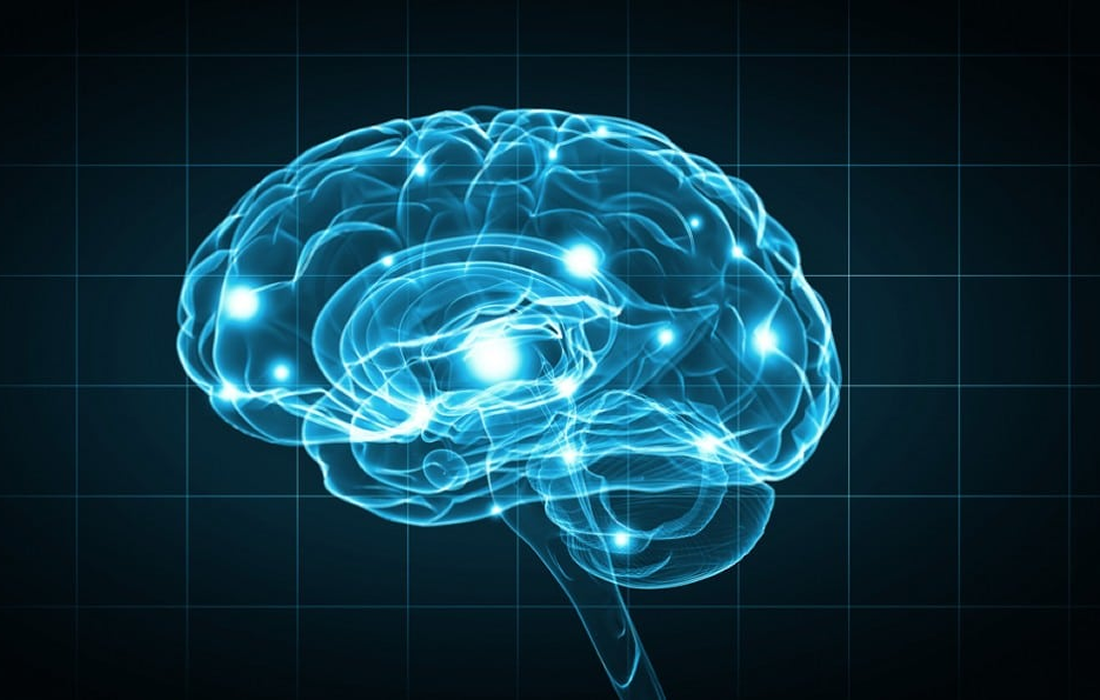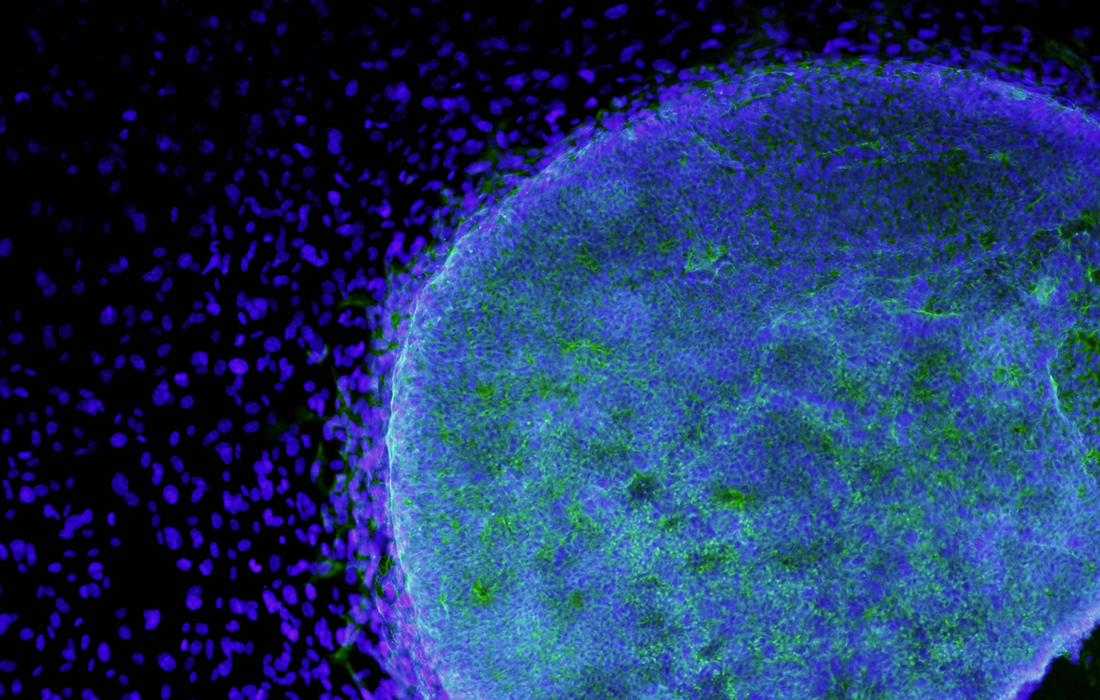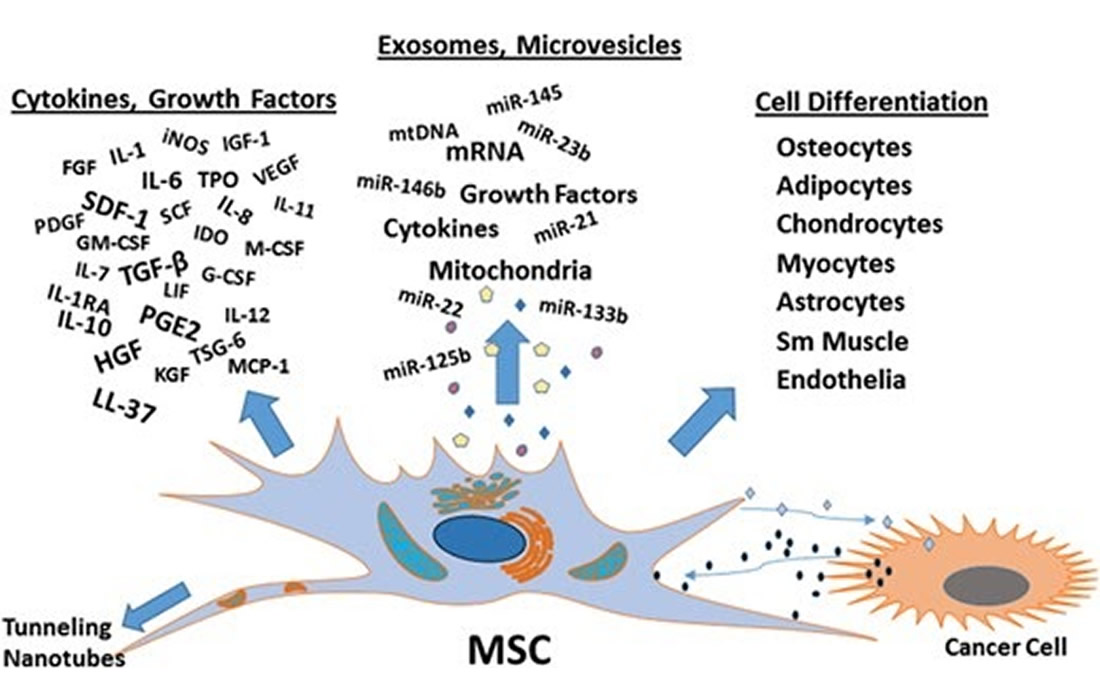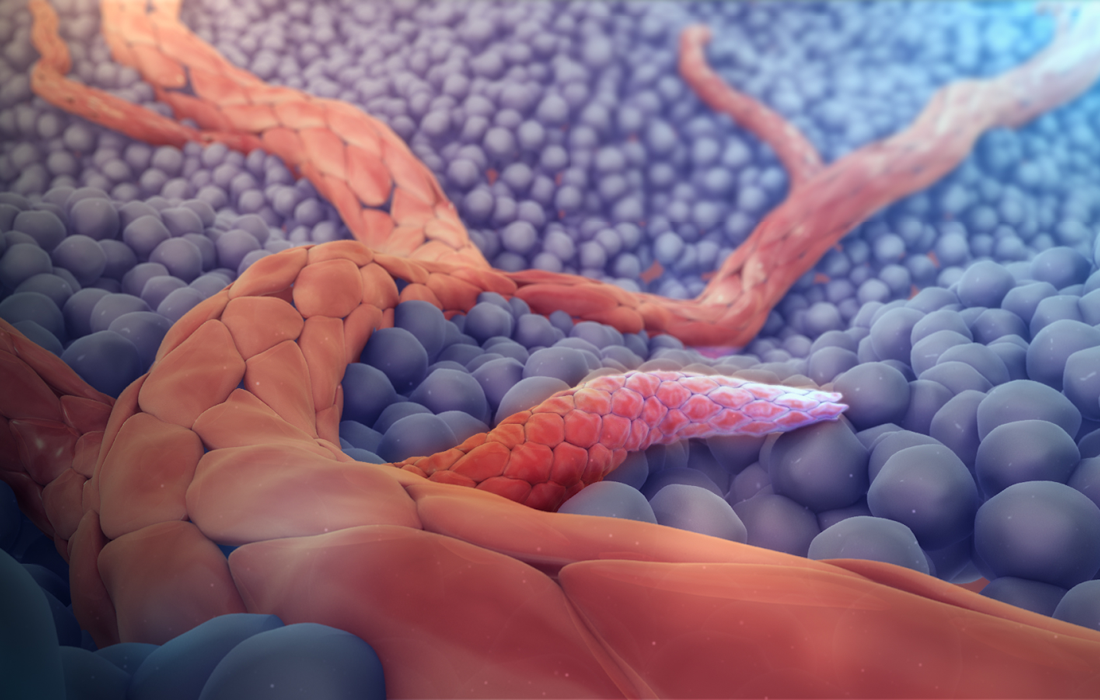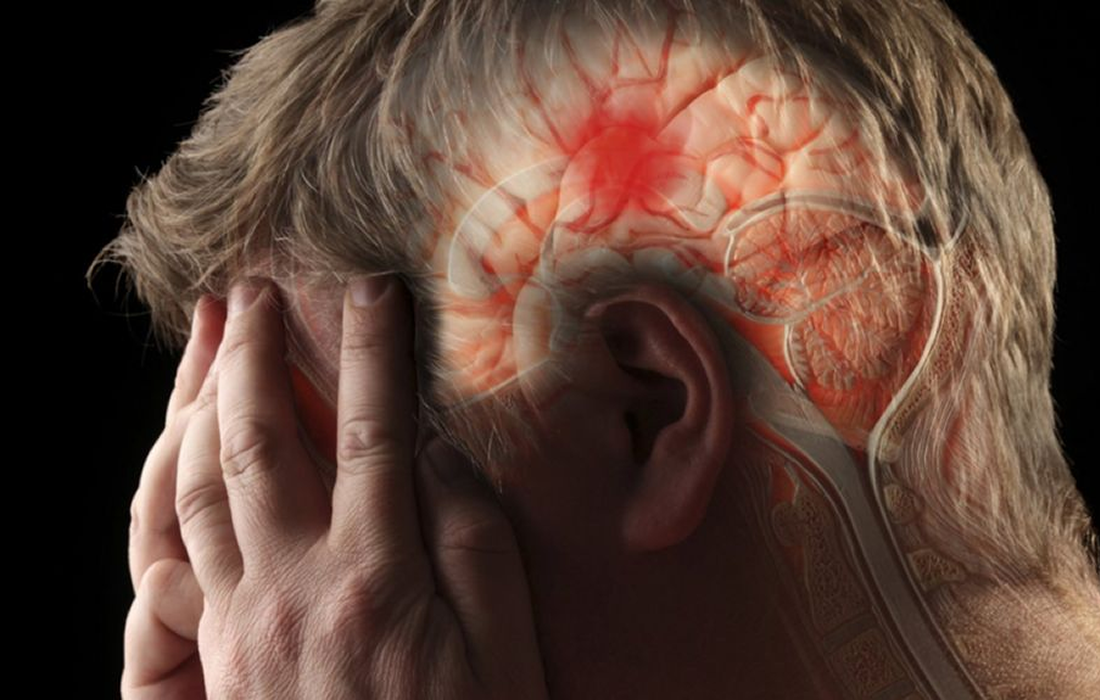Obesity can induce metabolic dysregulation that can result in a cluster of chronic conditions such as hyperglycemia, hyperinsulinemia, dyslipidemia, diabetes and cardiovascular complications. The combination of abundance of food and lack of physical activity has led to excessive nutrient storage, introducing major stress on our metabolic pathways and in our bodies, resulting in an increase […]
Category Archives: Stem Cell Therapy for Specific Conditions
The WHO estimates about 285 million people are visually impaired worldwide; 39 million people are blind and 246 million have low vision from severe or moderate visual impairment. Corneal disorder is the fourth most common cause of blindness after cataracts, glaucoma and age-related macular degeneration and it affects more than 10 million people worldwide. What […]
Addiction is defined as a chronic disease with obligation to take drugs or alcohol, no control on restraining intake, and having negative emotional feelings during withdrawal period. Addiction doesn’t just affect the addict’s life, but also it has a huge burden on the society and economy. It has been revealed that the addictive agents have […]
Diabetes mellitus (DM) is a metabolic disease in which hyperglycemia is observed in patients over long periods of time. It is generally classified into four major forms: gestational diabetes, maturity-onset diabetes of the young (MODY-1), type 1 diabetes mellitus, and type 2 diabetes mellitus. Type 2 diabetes mellitus (T2DM) is the most predominant type of […]
Mesenchymal stem cells (MSCs) differentiate into different cell types and have immunomodulatory and paracrine effects. These cells can be obtained from different adult tissues, including umbilical cord, which is an excellent source of MSCs. This tissue can be obtained during vaginal or cesarean delivery without any risk for neither the baby nor the mother. There […]
The Blood Brain Barrier Blood vessels are critical to deliver oxygen and nutrients to all of the tissues and organs throughout the body. The blood vessels that vascularize the central nervous system (CNS) possess unique properties. These blood vessels are known as the blood brain barrier (BBB). Their different properties allow them to tightly regulate […]
Mesenchymal stem cells (MSCs) can be found in many adult tissues and are an attractive stem cell source for the regeneration of damaged tissues in clinical applications because they are characterized as undifferentiated cells, able to self-renew with a high proliferative capacity and that possess differentiation potential. Although bone marrow (BM) has been the main […]
Mesenchymal stem cells (MSCs) transplantation is undergoing extensive research as cellular therapy for human clinical trials. Because they can be easily isolated and expanded in vitro there is a natural desire to test MSCs in many diverse clinical indications. Mesenchymal stem cells can differentiate into different lineages, and they produce many cytokines and growth factors […]
Malignancies and cancer account for a quarter of human death cases. Lung, prostate, breast and colorectal cancers are the ones that cause the majority of cancer related deaths. The typical therapeutics include surgery, chemotherapy, and radiotherapy. Although the methods for treating the malignancies and curing the cancer patients have greatly been improved in recent years, […]
Different studies have shown good results with the intravenous administration of mesenchymal stem cells derived from different sources, such as bone marrow, adipose tissue, and umbilical cord. They have been reported to be effective, safe, and promising in the recovery and clinical outcomes of stroke patients at acute and subacute stages, but clinical studies at […]





